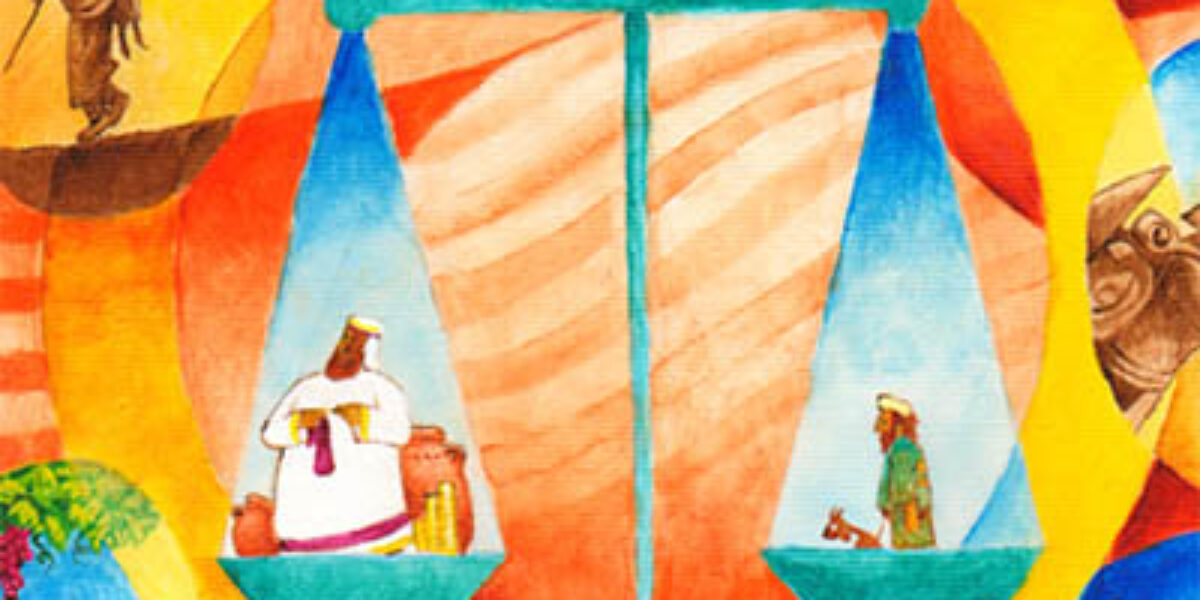Shoftim – Deut. 16:18-21:9 (Aug. 13/14)
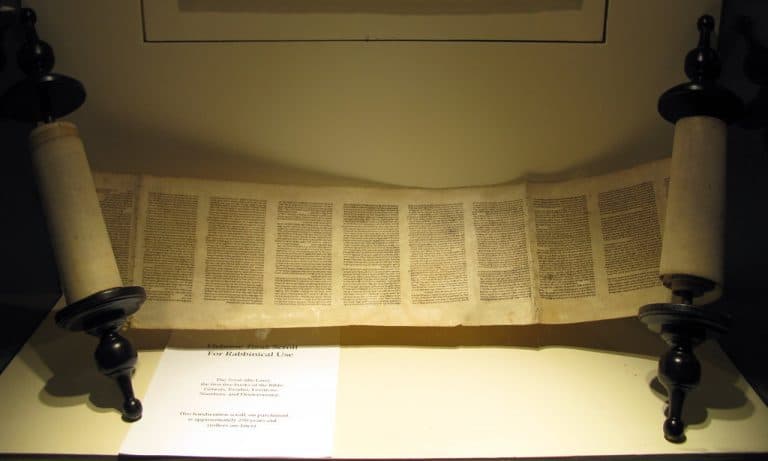
As the Torah Turns
Rabbi Lader’s Weekly D’var Torah
Shoftim – Deut. 16:18-21:9 (Aug. 13/14)
This week’s Torah portion is Shoftim – Deut. 16:18-21:9, and includes the instruction for the Jewish value of bal tashchit – do not destroy — do not waste… Rabbi Rachmiel Gurwitz, writing for T’ruah – the rabbinic call for human rights, teaches: “We create tons of waste. Each person generates about five pounds a day. In our fast-paced society where convenience and cost are supremely valued, the result is a “disposable” lifestyle. From to-go containers to plastic packaging, old clothes and millions of other items, we are quite accustomed to tossing things in the landfill. Waste, though, is not just bad for the environment, it is a biblical prohibition. We read in Shoftim :
When in your war against a city you have to besiege it a long time in order to capture it, lo tashchit – you must not destroy its trees, wielding the ax against them. You may eat of them, but you must not cut them down. For is the tree of the field a person, that it should be besieged by you? (Deuteronomy 20:19-20)
The setting is striking. Even during a war, a moment of life and death, the Torah implores us: Do not destroy. All the more so in our own lives when the choice is far less drastic, we must always search and seek out ways to avoid unnecessary destructive action… Rambam (12th century, Spain & Egypt) basing his interpretation on numerous examples in the Talmud, wrote that the mitzvah of bal tashchit goes beyond just preserving fruit trees: “Do not destroy fruit-trees (wantonly or in warfare), nor may anything else be (wantonly) destroyed.” (Sefer Mitzvot, Lo Ta’aseh 57) He sees this mitzvah as far more expansive. Destruction without purpose is a violation of the Torah. It seems odd, though, to read what seems like a narrow context so expansively. It is understandable that fruit trees that support human survival would be protected from destruction, but Rambam… focuses on the act of destruction, as opposed to the thing that is being destroyed. Rabbi Shimshon Raphael Hirsch (19th century Germany)… frames the lo ta’aseh (“thou shalt not”) of bal tashchit in the context of creation. Creation is a divine act, so to destroy is a violation of that initial divine action. When we dispose of things prematurely, we flippantly discard the creative divine energy within them.
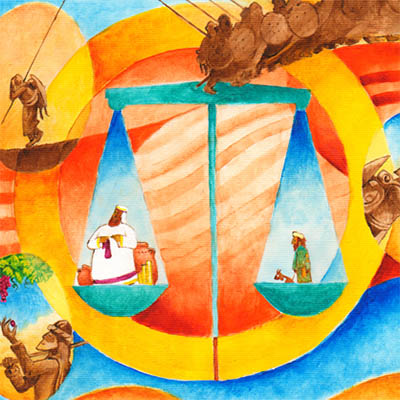
Bal tashchit compels us to reflect on our own lives and the waste we generate. Where are places we can reduce our waste, change wasteful habits, or give items new life? It might mean taking on new commitments, like pledging to shop only secondhand or use only reusable plastic containers, composting, switching to digital billing, or using cloth diapers. It is incredibly difficult to break fully free from our disposable culture, but bal tashchit is a call to action urging us to think about the full life cycle of the things we need and use each day… We too should be distressed by wanton waste, and it is all around us. We live in a luxurious time where many of us can afford to toss the old and buy something new. Let’s first ask ourselves, is there some way to mend, repair, repurpose, reuse, pass down, recycle, donate, gift, sell, or give this item a second life in some way? Through this process we will not only fulfill the mitzvah of bal tashchit, but join in the creative and spiritual cycle (and recycle) of all things.” * You might wonder why, if the Hebrew from our Torah portion says – lo tashchit, why is the mitzvah called bal tashchit? The term we use – bal tashchit – comes from the Aramaic; “bal” is the Aramaic equivalent of “don’t [do this]”.
From Previous Weeks

Va’etchanan – Deut. 3:23-7:11 (Jul. 23/24)
Attaching ourselves to God does not blur our individual identity, it sharpens it.

Devarim – Deuteronomy – Deut. 1:1-3:22 (Jul. 16/17)
What does it mean to be wise? Is it insight? Good judgement? Common sense? An orderly and balanced sense?
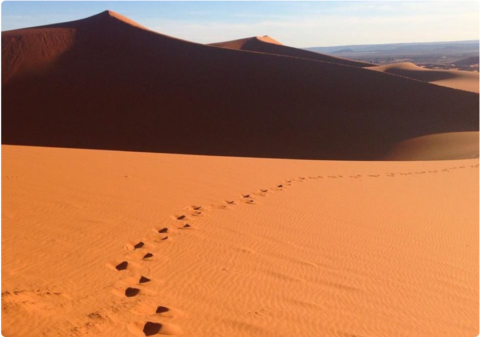
Matot/Massei – Numbers 30:2 – 36:13 (Jul. 9/10)
In essence, the Torah is saying that there is inherent value to journeys, to life experiences.
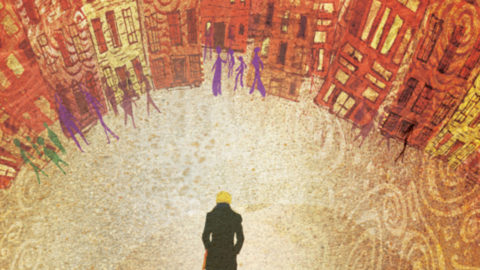
Pinchas – Numbers 25:10-30 (Jul.2/3)
We walk in the footsteps of the Rabbis who understood the damage done by extremism.

